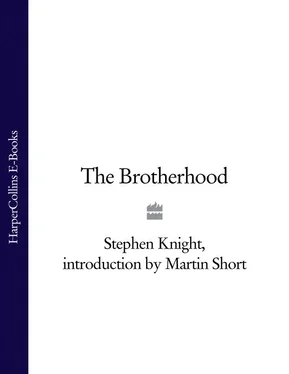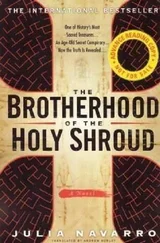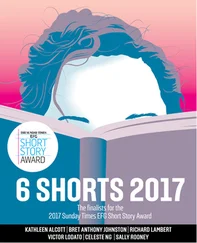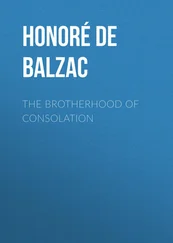The action was eventually settled out of court. The father and son received a total of some £170,000, the bulk of which was paid not by the Masons themselves but by the Chief Constable of Lancashire on the technical grounds that, when they were perpetrating their assault and falsely accusing their victims of assaulting them, they had been acting as police officers - rather than as Masons!
In my view it is outrageous that the public should be expected to pay anything towards righting what appears to be a thoroughly Masonic wrong, and that, until now, the citizens of Lancashire have not even been made aware of the decision.
Grand Secretary Higham defended the conduct of the Victory Lodge, its members and guests. The Director of Public Prosecutions, Barbara Mills, and the Lancashire Constabulary also chose to defend the role of their respective organizations in writing. This obliged me to refute each of their contributions. If you are gripped by the story so far, you will find the exchanges gripping too.
In March 1997 the Committee published its conclusions.
These dwelt at length on the Blackburn Victory Lodge case and appended the entire correspondence. Its dilemma over that scandal was typical of the conclusions as a whole: so hedged and ditched that it is impossible to shorten for the sake of easy reading:
Whilst accepting that it is difficult to establish direct lines of Masonic influence through common membership of lodges, it is even more difficult to establish the nature of connections between individuals, who, whether or not they were Freemasons, and/or present at a particular function, may have known each other anyway and whilst not directly involved may still have had a bearing on the conduct of the investigation or the prosecution. However, it can be established from this account that a perception of secrecy spawned a number of allegations and that may or may not prove to have been unfounded. If membership of the Freemasons were more openly known, and lists of lodges were publicly available, it would have facilitated any attempt to unravel any suspected Masonic network or enabled any suspicions to be allayed before they had taken root.
Overall the Committee concluded:
There is a large number of Freemasons within the criminal justice system, but the numbers themselves give no general cause for concern…
Where it is not entirely groundless, most or all of the evidence alleging Masonic corruption in the field of policing is largely circumstantial, in the sense that it involves assuming that steps taken by individuals who were Freemasons, in respect of others who were also Freemasons, were taken because both individuals were Freemasons rather than because the individuals knew each other or for some other reason …
There is a widespread public perception that Freemasonry can have an unhealthy influence on the criminal justice system, and we certainly believe that one of the main reasons for free-masonry’s poor public image is a perception that it is a secret society …
The Committee’s most important conclusion was reserved till the end:
We recommend that police officers, magistrates, judges, and crown court prosecutors should be required to register membership of any secret society and that the record should be available publicly. However, it is our firm belief that the better solution lies in the hand of Freemasonry itself. By openness and disclosure, all suspicion would be removed, and we would welcome the taking of such steps by the United Grand Lodge.
It is now ten years since these conclusions were reached. I’m sorry to have to say that while the United Grand Lodge has gone some way to improving its image (hiring an affable and effective public relations consultant who is not a Freemason), Parliament has notably failed to act as recommended.
There is still no national requirement that policemen, judges or prosecutors register membership of Freemasonry. Some police forces have set up arrangements so that officers can make a private declaration. Magistrates do have to declare Masonic membership. Judges are offered a similar opportunity but nothing is compulsory and not even their voluntary disclosures are made available to the public.
In short, almost all the MPs’ recommendations have been sidelined, ignored, blocked or just forgotten. In many ways a benchmark for how parliamentary committees should investigate issues of public concern, their findings deserve a better fate. It will probably take another sensational expose of Masonic criminality before those findings are resurrected.
If that ever happens, it will be due in no small measure to the pioneering work of Stephen Knight.
Martin Short
January 2007
Конец ознакомительного фрагмента.
Текст предоставлен ООО «ЛитРес».
Прочитайте эту книгу целиком, купив полную легальную версию на ЛитРес.
Безопасно оплатить книгу можно банковской картой Visa, MasterCard, Maestro, со счета мобильного телефона, с платежного терминала, в салоне МТС или Связной, через PayPal, WebMoney, Яндекс.Деньги, QIWI Кошелек, бонусными картами или другим удобным Вам способом.






![Джеффри Арчер - The Short, the Long and the Tall [С иллюстрациями]](/books/388600/dzheffri-archer-the-short-the-long-and-the-tall-s-thumb.webp)





